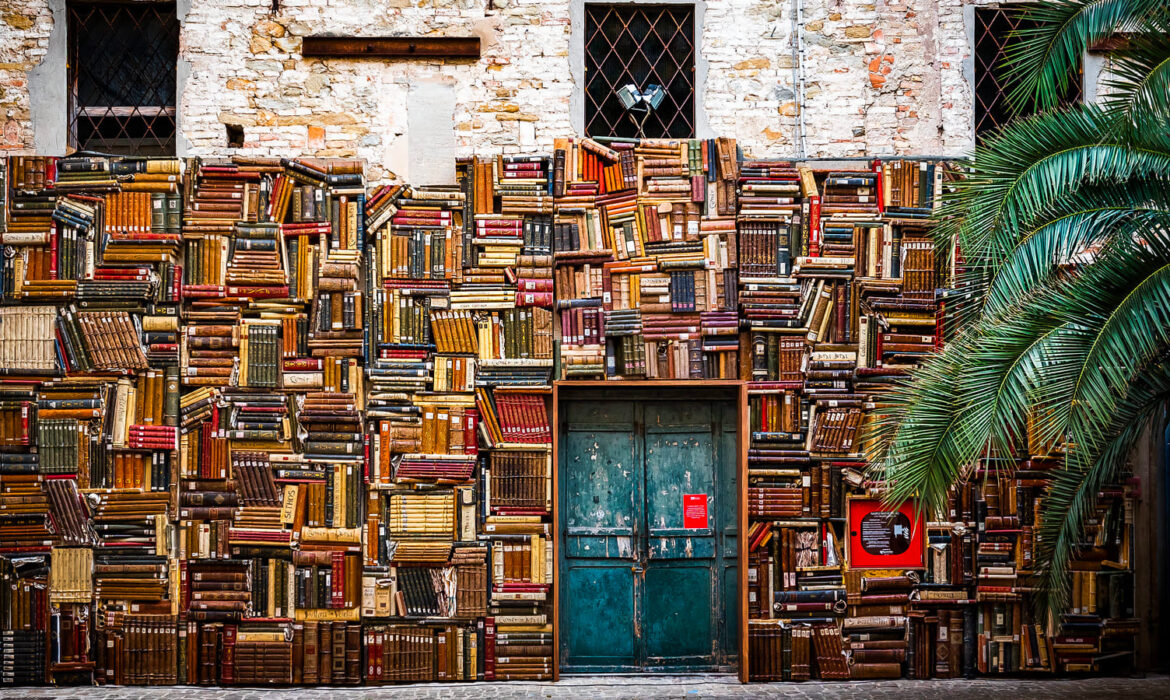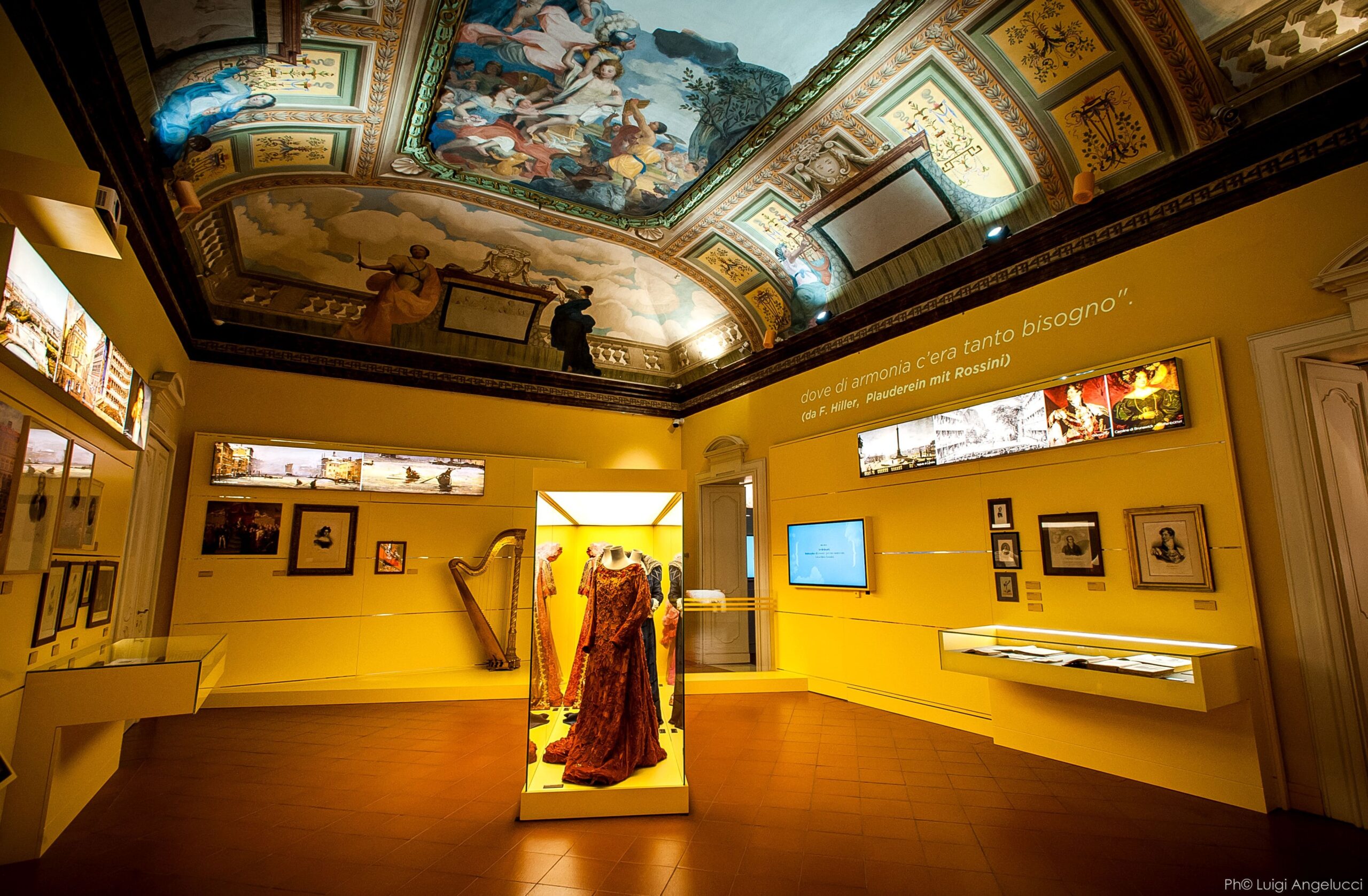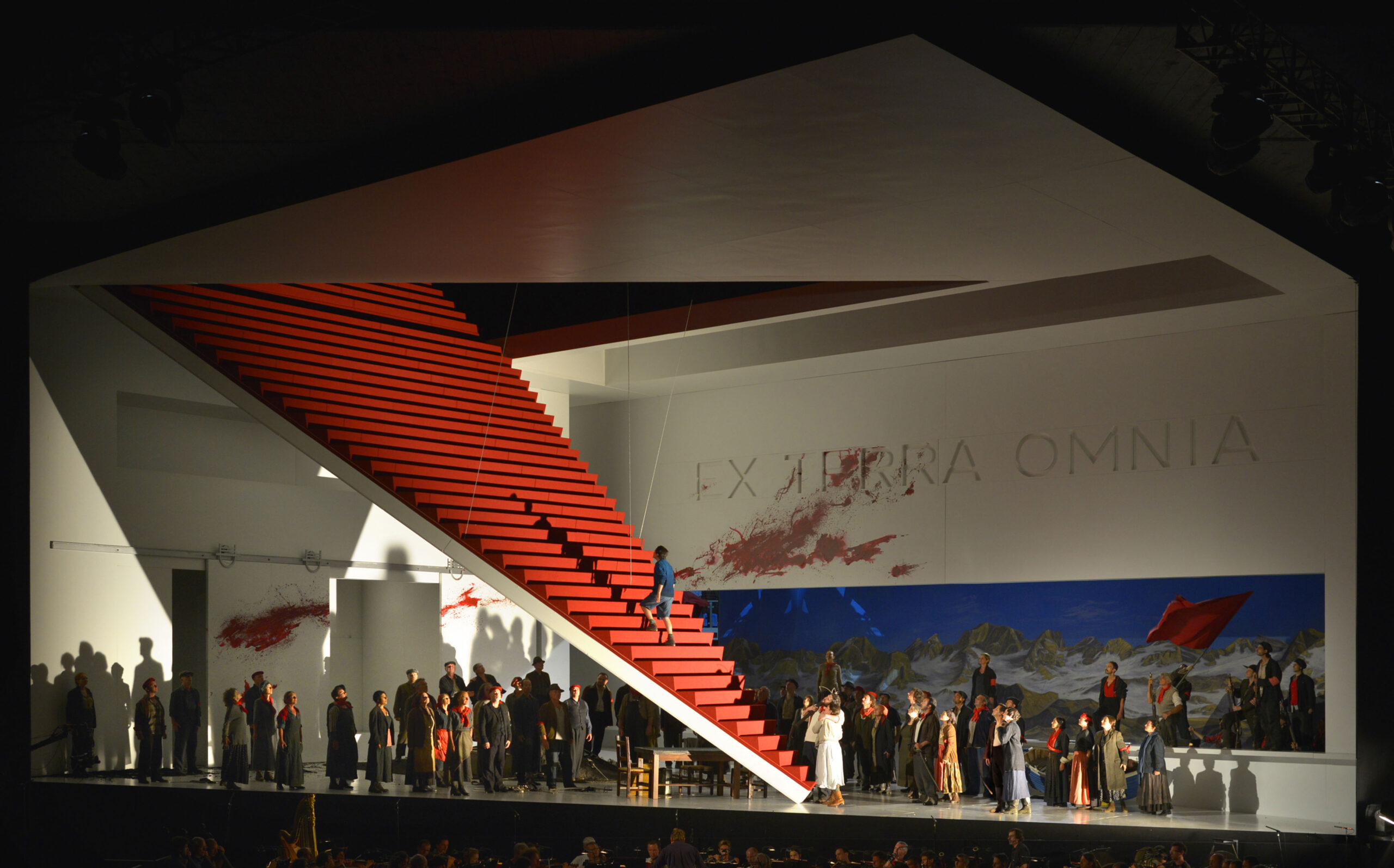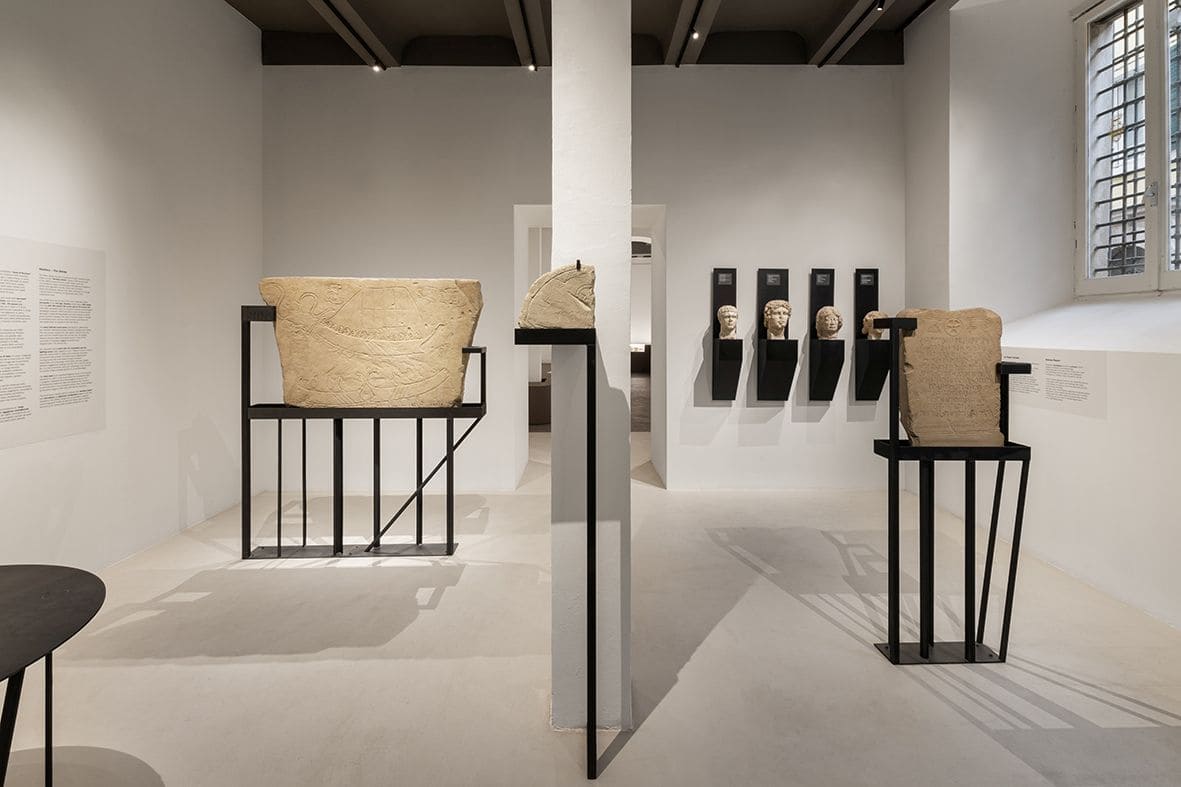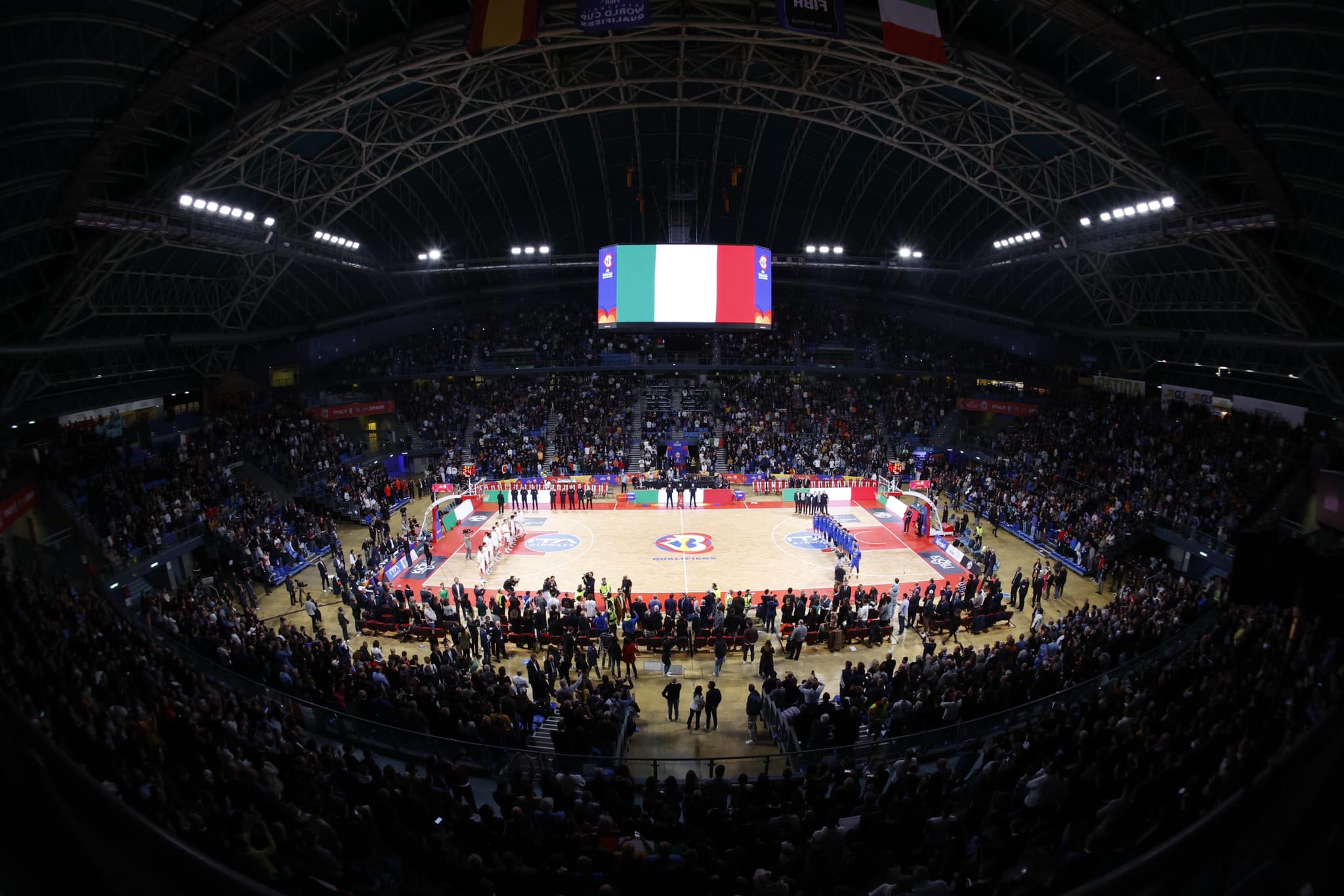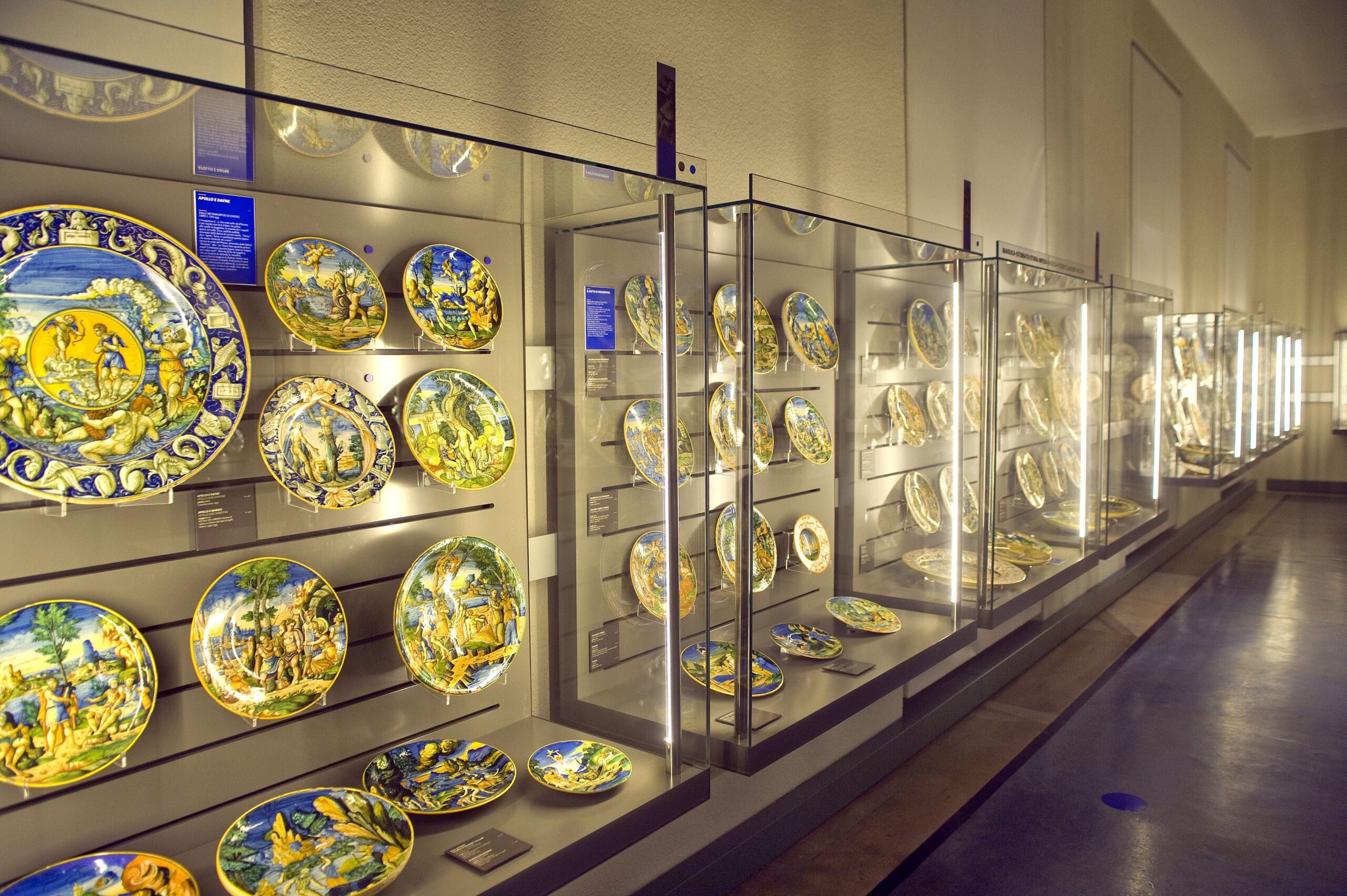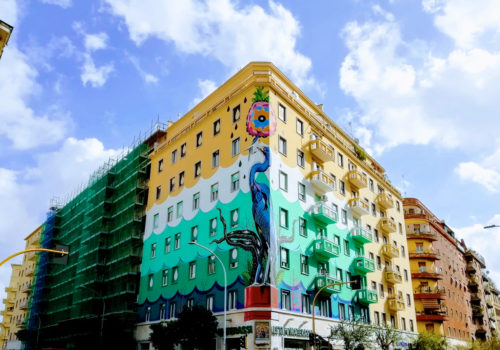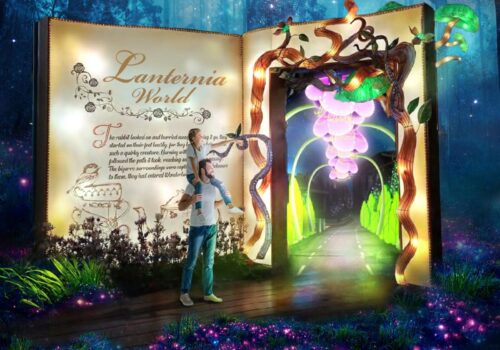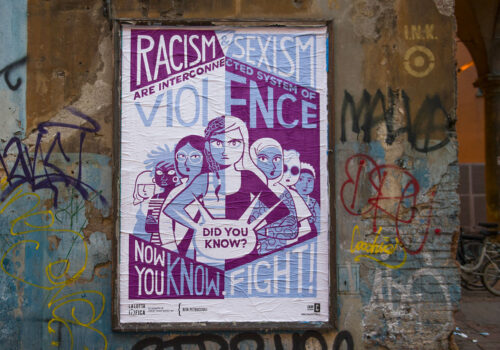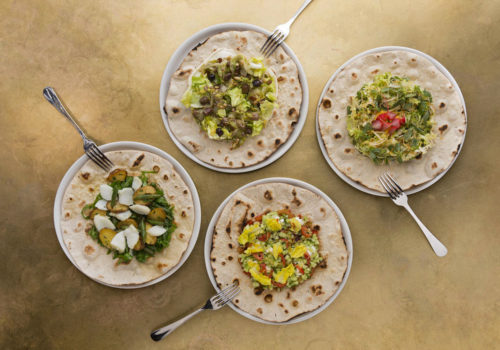The deputy mayor Vimini, who is also the Councillor for Beauty, explains the process for the city in the Marche region.
«Qui faccio buon sangue io!». This is the motto (which translates as «I make good blood here!») on the façade of Villino Ruggeri, one of the most important examples of Liberty-style architecture in Italy, overlooking the beachfront of Pesaro near Arnaldo Pomodoro’s Sfera Grande, an essential meeting point for the residents and tourists in the city. And it is this slogan, a sort of invitation to enjoy life – commissioned to be painted in the early twentieth century on the façade of the Parisian-style summer house by Oreste Ruggeri, a successful entrepreneur in the pharmaceutical industry (known for his «glomeruli» to fight anemia) and an eclectic businessman with a passion for the sciences, arts and music – which may well have inspired Pesaro’s approach to urban development.
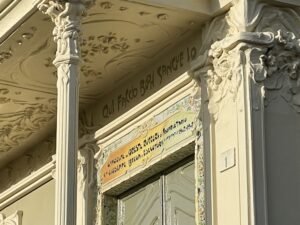
Villino Ruggeri ©Francesco Nariello
In the global competition between cities, from the international scale to the territory, themes such as beauty, wellbeing, happiness, have now regularly become part of the debate on public policy, though not always with tangible results. In Pesaro this challenge seems to have been won. This year the city is under the spotlight as the Italian Capital of Culture, but the roots of this process run deeper. Here, it has been ten years since the institution – evocative even in its name – of a Councillorship of Beauty, led by Daniele Vimini, the deputy mayor and director of the operation that led the city to win the nomination for the year 2024, and before that, since 2017, the recognition as a Unesco Creative City of Music.
Along the same lines as its tight links to music – the city is the birthplace of the great composer Gioachino Rossini, to whom it has dedicated an opera festival for over 40 years – and its historic connection to sports – with «Scavolini», the famous sponsor of the men’s basketball team that was top-ranked for over ten years in the 1980s, and of the women’s volleyball team since 2007 – Pesaro has chosen to base its programme for the Capital of Culture 2024 on an initiative that refers, like an orchestra or a team sport, to the concept of choral teamwork: «50×50 Capitals squared», a macro-project that one after the other makes the fifty municipalities in the province of Pesaro and Urbano «Capitals for a week». The cultural events – inspired by the common theme of Peace – involve hundreds of artists and creative professionals, in a project focused on the finest elements of the territory, with the aim of creating a network. The symbol of Pesaro 2024 is also the «Biosphere», a sculptural-digital multimedia infrastructure that – referencing Pomodoro’s famous Sphere on the beachfront promenade in Pesaro – «merges art and science, cultural heritage and technological research, nature and culture». Four meters in diameter with millions of Led lights, the installation has illuminated Piazza del Popolo since February 24th, involving the spectators in a multisensory interactive experience.
The city of Pesaro «enjoys a special conformation: a medium-size city, wedged between the two promontories of San Bartolo and Monte Ardizio, spreads out on the plain, between the sea, the historical city centre rich in art and culture, and the heights dotted with Medieval castle-hilltowns and natural parks: a privileged condition – explains Vimini – which has influenced its urban planning vision, so as to not create suburbs or dormitory districts over time, but just portions of the city, each of them characterised by its own social life. Each district has its main square, its places for community life: the urban flows are not catalised just to favour the city centre, but there is a real distribution of the services on the territory from libraries to sports facilities».
This «advantageous position» was the basis for the ideation of urban strategies focused on improving the quality of life, the fundamental requisite for a «happy city». To integrate this type of narrative «horizontally», argues the Councillor for Beauty, «we built the «bicipolitana» for example – a network of bicycle paths, almost 100 km long that connects the different districts, with directions, coloured lines, stops, points of interest – a wellness infrastructure, ‘cited by the vélopolitain in Paris too, the aim of which is to reduce traffic and pollution, giving substance to the idea of building a family-friendly city. Along with Bolzano, we are the most bike-friendly city in Italy. One in three residents of Pesaro use bikes or alternative mobility (such as scooters) for daily commuting».
The process to become the European Capital of Culture in 2033 together with Urbino – during which, Vimini recalls, we successfully submitted the candidacy for Italian Capital of Culture 2024 – had already established that its primary objective would be to endow the city with «a significant and impactful number of structures and infrastructures capable of competing at the European level, which could spotlight and enhance the city’s various essences. An excellent example of this type of intervention is the recently-inaugurated Scavolini Auditorium, the historic sports arena in which so many basketball championships were won, whose reopening was twenty years in the making, and is now set to become a strategic structure for the cultural life of the city. Not only will it be back as one of the official venues of the Rossini Opera Festival (ROF) – on August 7th it will host the world premiere of the 45th edition – its 2000-seat capacity will make it a perfect venue for concerts, sports events, conferences, and meetings for tourism and culture.
When it comes to sports, for years Pesaro has followed a development policy that seeks to favour a non-seasonal calendar of tourist flows, starting with the organization of sports events for the younger generations – such as basketball and mini-basketball tournaments that are part of Pesaro’s tradition – which would allow part of the city, the part overlooking the seaside, which has a stronger tourist vocation, to continue to thrive beyond the summer season. The effort is underpinned with more specific initiatives, such as the cancellation of the tourist tax for athletes participating in sports events up to the age of 18. «This is a successful operation, aided by the fact – underscores the mayor – that Pesaro is one of the safest cities in Italy, with one of the lowest crime rates of all Italian provinces».
To complete the picture – from the perspective of a city that strives for culture, beauty, happiness and is in the run, repeats Vimini, «to be named European Capital of Culture» – there is a wide array of works («with construction about to begin and the prospect of completion by 2026») that is taking advantage of the investment opportunities offered by the National Recovery and Resilience Plan (Pnrr).
«Starting with the renovation/regeneration of historic buildings in the city centre», asserts the Deputy Mayor.
From the Conservatorio Rossini, to upgrade the energy systems and structure, to the Palazzo Mazzolari Mosca, with construction underway to expand the use of the library and museum storage facilities; from Palazzo Almerici, with the archaeological museum and the Biblioteca Oliveriana which will become a totally renovated cultural centre, to the complex of San Domenico, a former farmers’ market, which will also be a hub for classes by the universities of Urbino and Ancona, to Palazzo Ricci, with the new book and media library of the conservatory.
But there are also projects to host art – and the people who create it – such as the 60 residencies for artists and young student musicians and creatives. And others to host theatre companies or, in a section of the former psychiatric hospital, for artists and ateliers for young craftsmen, with the addition of rent-controlled residences for the young and the elderly (enacting Pinqua – the Innovative national programme for the quality of living). The challenge – concludes the Councillor for Beauty – is to create better conditions for living, working, studying, being creative and producing: from the 15-minute city to the 5-minute city – which is possible in a city such as Pesaro, «where the business, cultural, recreational and institutional districts are in contact with one another – to have more time for the finer things, from leisure and entertainment to the family».
On the cover: Open air bookstore © Luigi Angelucci


